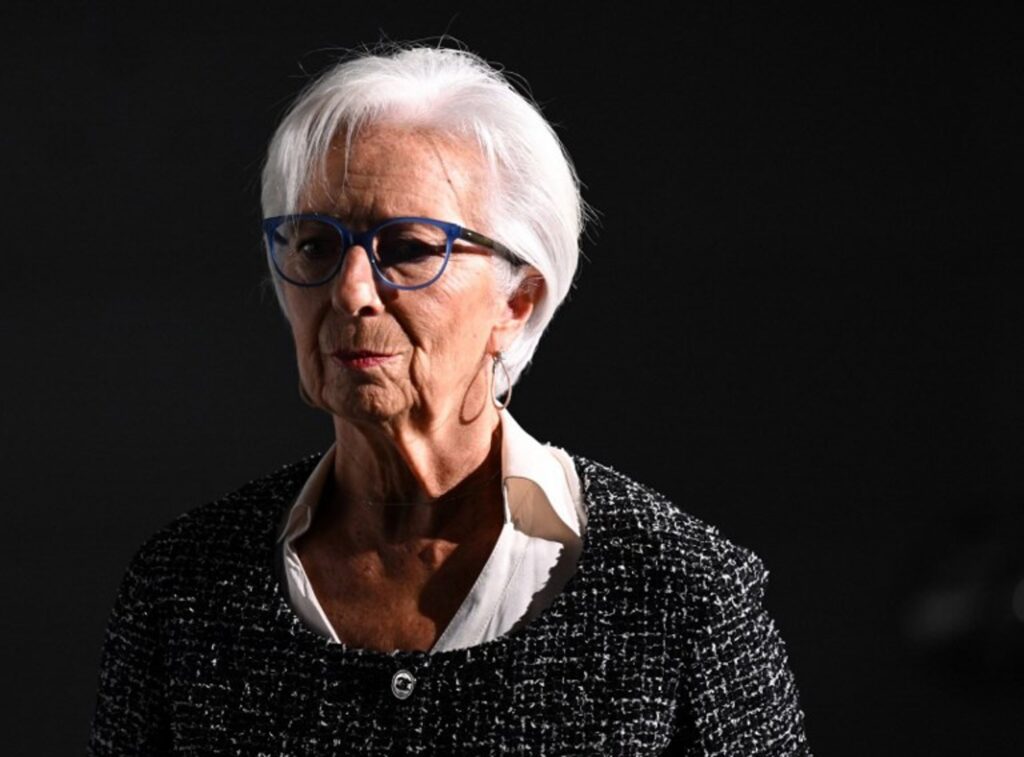The European Central Bank (ECB) has decided to lower its interest rates by 25 basis points as it says progress on lowering inflation is "well on track".
The headline deposit interest rate will fall to 3%, and the main refinancing operations and the marginal lending facility will fall to 3.15% and 3.4% respectively. The rate changes will take effect from 18 December.
In a bid to slow the momentum of spiralling inflation (caused by factors such as the pandemic, disrupted supply chains and increased energy costs following Russia's invasion of Ukraine), the ECB raised its benchmark deposit interest rate ten times between July 2022 and September 2023, from 0% to a record high of 4%.
Today's rate cut is the fourth this year as the ECB has begun to loosen monetary policy, aiming to reduce borrowing costs for households and businesses.
Inflation nearing 2% target
The ECB said that inflation is now nearing its 2% target and the central bank lowered its economic activity forecast.
"The gradually easing effects of the restrictive monetary policy should encourage a recovery in demand," the ECB stated in a press release.
The Frankfurt-based institution also revised its inflation forecasts for the eurozone downward. It now expects inflation to be 2.4% in 2024, 2.1% in 2025, 1.9% in 2026, and 2.1% in 2027.
Compared to the September forecasts, economic growth expectations in the eurozone have also been lowered. The ECB now projects growth of 0.7% this year, 1.1% next year, 1.4% in 2026, and 1.3% in 2027.
ECB President Christine Lagarde said on Thursday that the eurozone economy is "losing momentum" due to a contraction in the manufacturing sector and sluggish growth in services. She also highlighted "the risk of increased global trade frictions" which could impact eurozone growth by hindering exports and weakening the global economy.
Political turmoil
Lagarde did not directly refer to Donald Trump's threats to impose tariffs but his imminent return to the White House has caused concern regarding eurozone exports and growth.
In the United States, inflation accelerated to 2.7% in November year-on-year, raising concerns that the inflation curve will remain on this path, complicating the Federal Reserve's efforts ahead of its meeting next week.
The ECB discussions also occurred against a backdrop of political turmoil in Germany and France, two main economies of the eurozone, which could further impede growth.
France, economically weakened, currently lacks a budget for 2025, with a public deficit surging to 6.1% of GDP as it awaits the appointment of a new Prime Minister following the fall of the Barnier government.
Germany is also in a period of uncertainty. Besides its ongoing industrial crisis, it is heading towards early elections in February after the collapse of Chancellor Olaf Scholz's coalition in October.
Delays in forming a new government in Berlin could further hinder the recovery of Europe's largest economy, which is already struggling with a two-year industrial slowdown affecting its partners.

